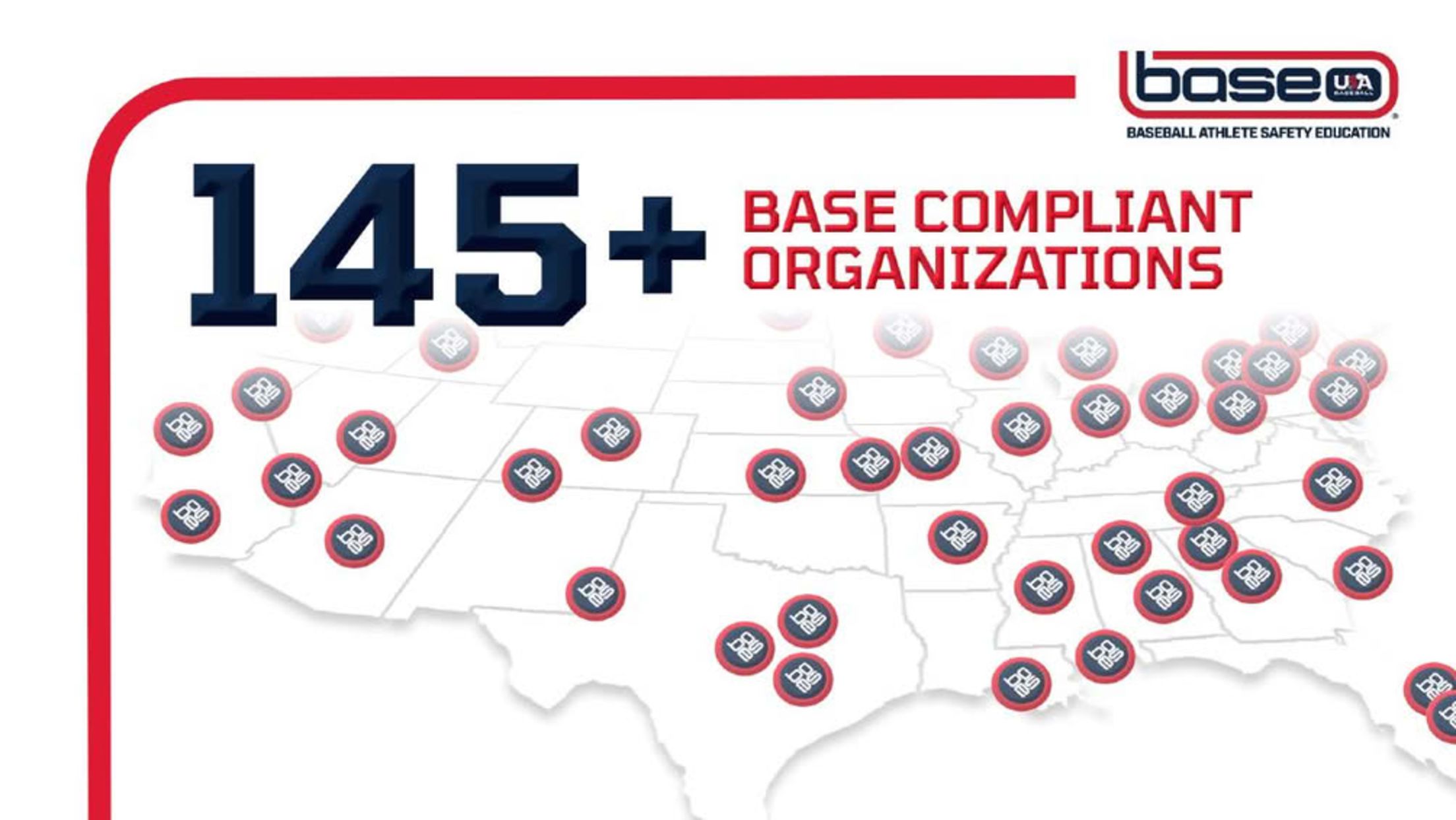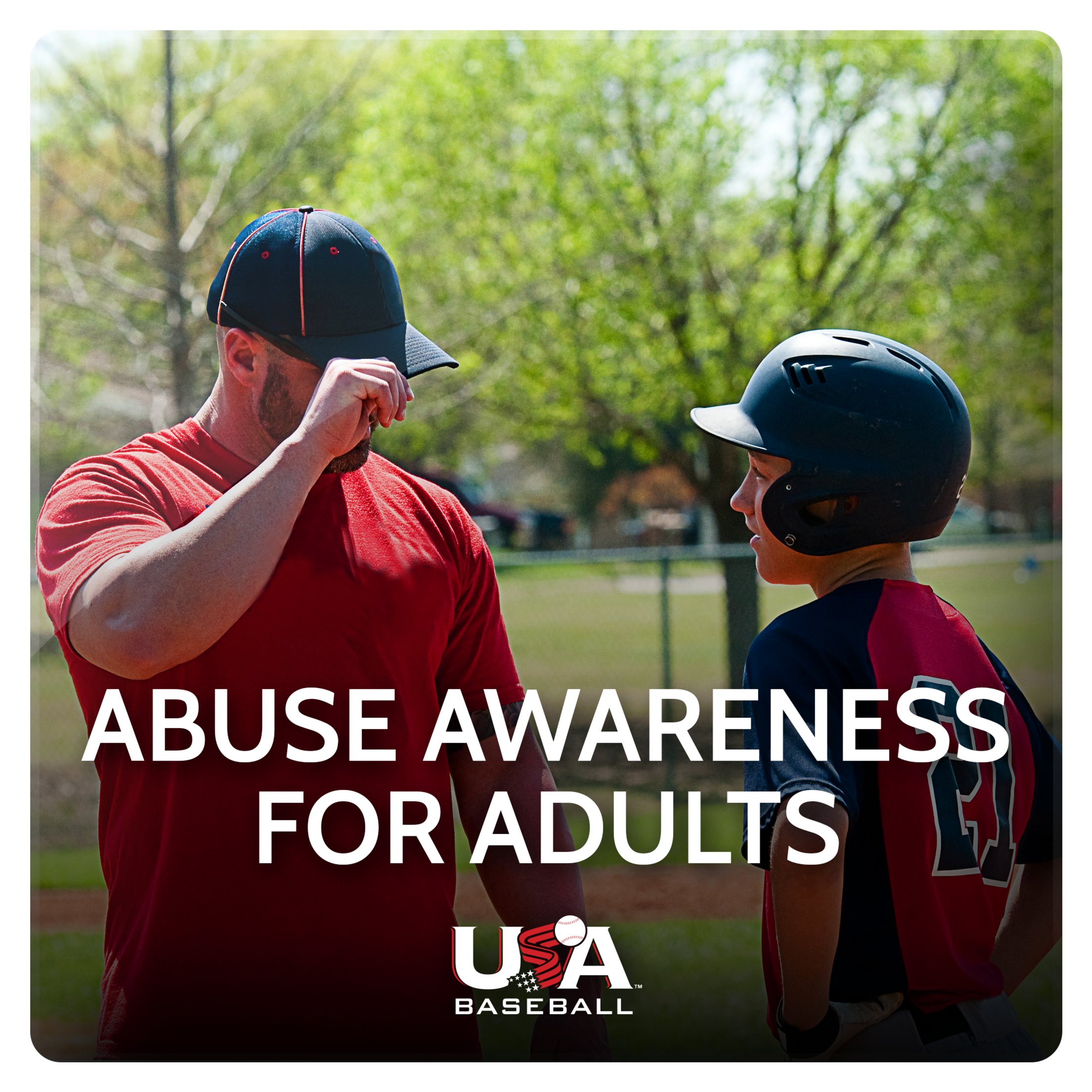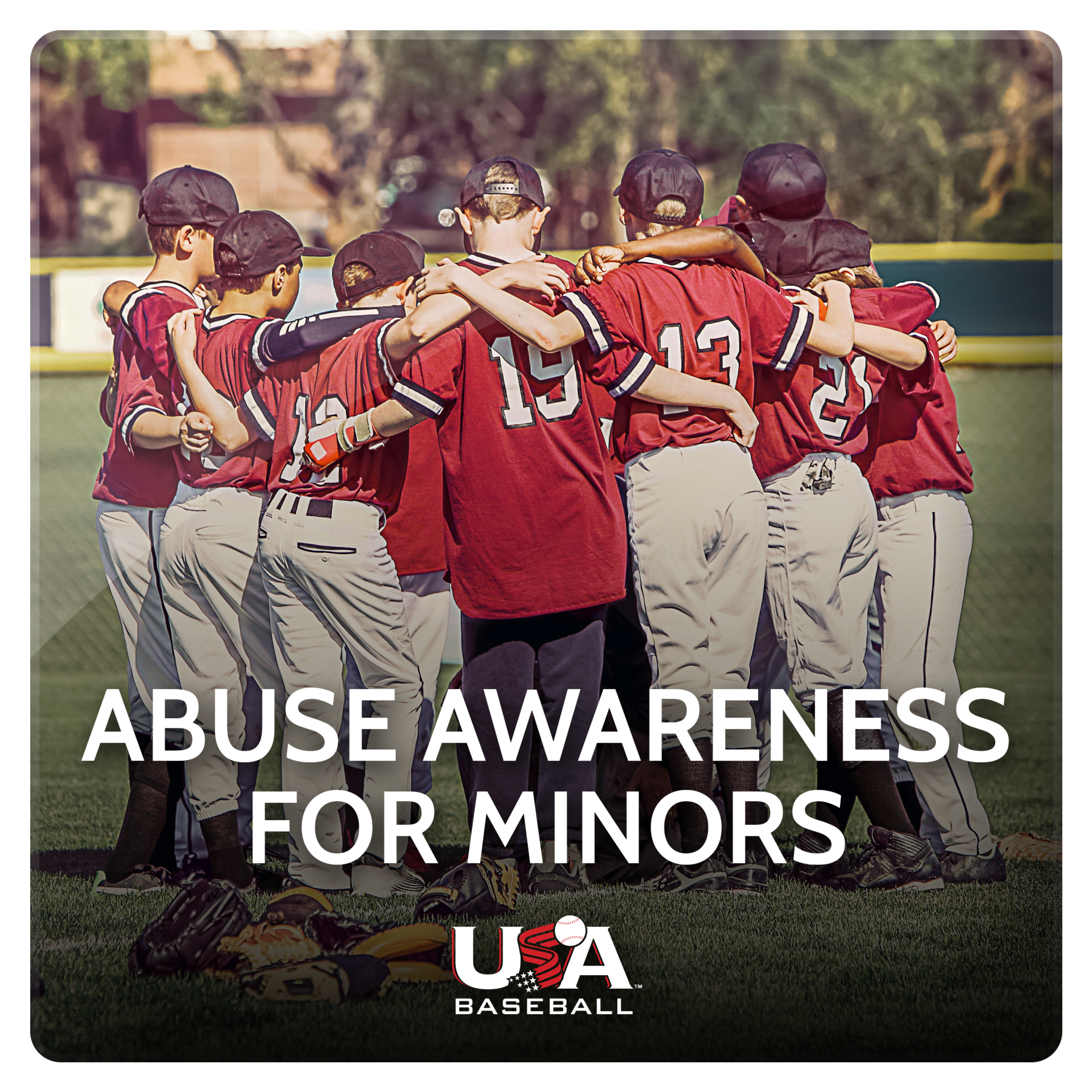California’s Child Abuse and Neglect Reporting Act (CANRA)
CANRA OVERVIEW FOR LOCAL SPORTS CLUBS/ORGANIZATIONS
California’s Child Abuse and Neglect Reporting Act (CANRA), California Penal Code section 11164 et seq., is a law intended to protect children from abuse and neglect. This overview is meant to assist you in complying with this critically important law.
Who Is a Mandated Reporter?
Many individuals working with sports clubs are classified as mandated reporters, including:
- Administrators and employees of youth recreation programs; and
- Administrators, board members, or employees whose duties require direct contact and supervision of children.
(Pen. Code, § 11165.7, subds. (a)(7)-(8).)2 While volunteers with such organizations are not technically mandated reporters, they are “encouraged” to report child abuse or neglect. (Id., §11165.7, subd. (b).)
What Are Mandated Reporters Required to Report?
A mandated reporter is required to make a report “whenever the mandated reporter, in the mandated reporter’s professional capacity or within the scope of the mandated reporter’s employment, has knowledge of or observes a child whom the mandated reporter knows or reasonably suspects has been the victim of child abuse or neglect.” (Id., § 11166, subd. (a).)
Penal Code section 11166(a)(1) defines “reasonable suspicion” as when it is objectively reasonable for a person to entertain a suspicion, based upon facts that could cause a reasonable person in a like position to suspect child abuse. When appropriate, the reporter can draw on their training and experience to determine whether reasonable suspicion exists. “‘Reasonable suspicion’ does not require certainty that child abuse or neglect has occurred nor does it require a specific medical indication of child abuse or neglect; any ‘reasonable suspicion’ is sufficient.” (Ibid.)
“Child abuse or neglect” includes physical injury or death inflicted by other than accidental means upon a child by another person; sexual abuse; neglect; the willful harming, injuring, or endangering of a child; and unlawful corporal punishment or injury. (Id., § 11165.6.)
In particular, “sexual abuse” includes sexual assault or sexual exploitation. (Id., § 11165.1.) The definition of “sexual assault” includes rape, oral copulation, lewd or lascivious acts upon a child, sexual penetration, and child molestation. “Sexual assault” is further defined as acts including but not limited to: intentional touching of intimate parts or the clothing covering them for the purposes of sexual gratification and masturbation in the presence of a child. (Id., § 11165.1, subds. (a), (b)(1), (4)-(5).)
The definition of “sexual exploitation” includes any conduct including matter depicting minors engaged in obscene acts, as well as knowingly promoting, aiding, assisting, employing, using, persuading, inducing, or coercing a child, or assisting others to engage in, a live performance involving obscene sexual conduct or to pose or model alone or with others for the purposes of preparing a film, photograph, or other pictorial depiction involving obscene sexual conduct. (Id., §11165.1, subds. (c)(1)-(2).)
How Does a Mandated Reporter Fulfill Their Reporting Obligation?
When there is reasonable suspicion that sexual abuse or neglect occurred, a mandated reporter must—immediately, or as soon as is practicably possible—call a local law enforcement or child welfare agency to report it. (Id., § 11166, subd. (a).) Within 36 hours of receiving the information concerning the incident, the mandated reporter shall also prepare and send, fax, or electronically transmit a written follow-up report. (Ibid.)
The mandated reporter may include any non-privileged documentary evidence relating to the incident in their report. (Id., §§ 11166, subd. (a), 11165.9, subd. (a) [specific law enforcement agencies].) If, after reasonable efforts, a mandated reporter is unable to submit an initial report by telephone, the mandated reporter must—by fax or electronic transmission, immediately or as soon as is practicably possible—make a one-time automated written report on the form prescribed by DOJ (Suspected Child Abuse Report, BCIA 8572, available online at https://oag.ca.gov/sites/all/files/agweb/pdfs/childabuse/ss_8572.pdf) and shall also be available to respond to a telephone follow-up call from the agency with which the mandated reporter filed the report. (Id., § 11166, subd. (b).)
What Information Must Be Included in the Report?
Penal Code section 11167(a) details that mandated reports must include:
- The mandated reporter’s name, business address, and telephone number;
- The capacity that makes the person a mandated reporter;
- The information that gave rise to the reasonable suspicion of child abuse or neglect; and
- The source or sources of that information.
The following information, if known, is also required:
- The child’s name;
- The child’s address;
- The child’s present location, and if applicable, school, grade, and class;
- The names, addresses, and telephone numbers of the child’s parents or guardians; and
- The name, address, telephone number, and other relevant personal information about the person or persons who might have abused or neglected the child.
A mandated reporter is required to complete a report even if some of this information about the child is not known or certain to them.
Can the Mandated Reporter Fulfill Their Obligation Under CANRA by Reporting the Suspected Abuse to the Local Club or Organization Board, Committee, U.S. Center for SafeSport, or the National Governing Body?
No. CANRA reporting duties are individual to the mandated reporter, and cannot be fulfilled by another person or entity on behalf of the mandated reporter. (Id., § 11166, subd. (i)(1).) Internal club policies shall not, under any circumstances, direct an employee to refrain from making a mandated report to law enforcement or a child welfare agency in order to allow the employee’s supervisor to file or process the mandated report. (Ibid.)
What are the Club’s Obligations?
Clubs Must Obtain and Retain a Signed Statement from Employees Acknowledging CANRA Reporting Duties as a Prerequisite of Employment
Before, and as a prerequisite to, employment, employers must obtain and retain a signed statement from employees who are mandated reporters that acknowledges their reporting duties. (Id., § 11166.5, subds. (a)(1)-(2).) The mandated reporter “shall sign a statement on a form provided to him or her by his or her employer to the effect that he or she has knowledge of the provisions of Section 11166 and will comply with those provisions.” (Id., § 11166.5, subd. (a)(1).) “The statement shall inform the employee that he or she is a mandated reporter and inform the employee of his or her reporting obligations under Section 11166 and of his or her confidentiality rights under subdivision (d) of Section 11167. The employer shall provide a copy of Sections 11165.7, 11166, and 11167 to the employee.” (Ibid.) Only support or maintenance staff who do not work with, observe, or have knowledge of children as part of their official duties are exempt. (Id., § 11166.5, subd. (a).)
No Supervisor or Administrator May Impede or Inhibit Reporting Duties
No supervisor or administrator may impede or inhibit CANRA reporting duties, and no person making a report shall be subject to any sanction for making the report. (Id., § 11166, subd. (i)(1).) While an organization may employ internal procedures to facilitate reporting and to apprise supervisors and administrators of reports, these procedures cannot be inconsistent with CANRA. For example, internal policies shall not:
- Direct an employee to allow the employee’s supervisor to file or process a mandated report under any circumstances;
- Require any mandated reporter to disclose their identity to the employer when making a report; or
- Provide that reporting the information regarding a case of possible child abuse or neglect to an employer, supervisor, or other person is a substitute for making a mandated report to a law enforcement or child welfare agency.
(Id., § 11166, subds. (i)(1)-(3).)
CANRA Encourages Training in Child Abuse and Neglect Identification and Reporting
Employers are “strongly encouraged” to train their employees who are mandated reporters in child abuse and neglect identification and reporting. (Id., § 11165.7, subd. (c).) The absence of training does not excuse a mandated reporter from performing their duties. (Id., § 11165.7, subd. (f).)
Organizations are also encouraged to provide their volunteers whose duties require direct contact with and supervision of children with training in the identification and reporting of child abuse and neglect. (Id., § 11165.7, subd. (g).)
CANRA BEST PRACTICES FOR LOCAL SPORTS CLUBS/ORGANIZATIONS
The California Department of Justice strongly recommends California sports clubs review their policies and procedures to ensure they meet the requirements of California’s Child Abuse and Neglect Reporting Act (CANRA), California Penal Code section 11164 et seq. To assist you, the Department has compiled the following best practices for your club to ensure that suspected child abuse is promptly and appropriately reported.
1. Establish a Club Policy and Protocol on Reporting Child Abuse and Neglect
Organizations may employ internal procedures to facilitate reporting as long as these procedures are not inconsistent with CANRA. (Id., § 11166, subd. (i)(1).) Whether or not your club already has a policy covering CANRA-mandated reporting, or a response protocol if an incident of child abuse becomes known to the club, your club should consider addressing the following:
2. Make Clear Who May Report and Who Must Report
While anyone may report suspected child abuse, mandated reporters are required to report.When two or more mandated reporters jointly have knowledge of a known or suspected instance of child abuse and when there is agreement among them, the initial telephone report may be made by a member of the team selected by mutual agreement and a single follow-up written report may be made and signed by the selected member of the reporting team. Any member who has knowledge that the member designated to report failed to do so shall thereafter make the report. (Id., § 11166, subd. (h).)
Best Practice: Provide all staff, volunteers, and board members with a list of the specific roles that would make someone a mandated reporter. For example, mandated reporters include coaches and coach’s assistants, employees whose duties require direct contact and supervision of children, and board members who have direct contact with, and supervision of, children. Penal Code section 11165.7 contains a full list of mandated reporters. Note that while volunteers who have contact with children are not technically mandated reporters, they are encouraged to report child abuse or neglect. (Id., § 11165.7, subd. (b).)
3. Club Must Notify Mandated Reporters of Their Duties
Before employment begins, the club must provide a statement to any mandated reporter informing them that they: (1) Are a mandated reporter; (2) Have specific reporting obligations under Penal Code section 11166; and (3) Have confidentiality rights under subdivision (d) of Penal Code section 11167. (Id., § 11166.5, subd. (a).) The club must keep a signed statement by the mandated reporter, stating that the mandated reporter has knowledge of the provisions of Penal Code section 11666 and that they will comply with those provisions. (Ibid.) The club must also provide the employee with a copy of Sections 11165.7, 11166, and 11167. (Ibid.)
Best Practice: Develop a method and timeframe for informing prospective employees of their mandatory reporting obligations before employment begins.
Best Practice: Require training for coaches, staff, volunteers and others who have direct contact with children about the identification and reporting of child abuse. Although implementing a training protocol is not required, training is “strongly encouraged” for mandated reporters, and encouraged for volunteers. (Id., § 11165.7, subds. (b)-(c).) Notably, a failure to train does not relieve mandated reporters of their reporting obligations.
Trainings can assist new and existing mandated reporters within the club to develop a clear understanding of their CANRA reporting obligations. Informed reporters are more likely to make reports, which can ultimately help protect children from additional abuse.
4. Explain When the Duty to Report Exists and What Amounts to Reasonable Suspicion
A mandated reporter shall make a report whenever they, in their professional capacity or within the scope of their employment, have knowledge of or observe a child whom the mandated reporter knows or reasonably suspects has been the victim of child abuse or neglect. (Id., § 11166, subd. (a).) Reasonable suspicion means that it is objectively reasonable for a person to entertain a suspicion, based upon facts that could cause a reasonable person in a like position—drawing, when appropriate, on the person’s training and experience—to suspect child abuse or neglect. (Id., § 11166, subd. (a)(1).) Reasonable suspicion does not require certainty. (Ibid.) As noted above, employers must provide mandated reporters with a copy of Section 11166, as well as other provisions in CANRA.
Best Practice: Help mandated reporters understand when they are required to report by providing information through trainings and written materials. There are a number of ways to connect mandated reporters with trainings regarding their obligations. For example, California’s Office of Child Abuse Prevention offers a free general training (available at https://mandatedreporterca.com/training/general-training) which includes information regarding how to identify child abuse. Additionally, the Mandatory Reporting: Understanding Your Responsibility training, hosted by the U.S. Center for SafeSport, includes a CANRA module (available at https://safesporttrained.org/) (login credentials required). Some National Governing Bodies, such as USA Swimming, make SafeSport’s Mandatory Reporting training, including the CANRA module, available through their own online membership platforms.
5. Explain the Reporting Procedure
Reports of suspected child abuse or neglect must be made to any police department or sheriff’s department (not including a security department); the county probation department if designated by the county to receive mandated reports; or the county welfare department. (Id., § 11165.9.)
The written report must include the information described in Section 11167(a). Reports must be made even if not all this information is known at the time of the report. Reports may be submitted on the Suspected Child Abuse Report, BCIA 8572 (available at https://oag.ca.gov/sites/all/files/agweb/pdfs/childabuse/ss_8572.pdf)).
Best practice: Explain the requirement to inform law enforcement or county welfare departments of suspected child abuse by telephone and a follow-up written report.
Best practice: Provide a Suspected Child Abuse Report (BCIA 8572) form at the time of training and include a link on the club website or intranet. Provide the contact information for the relevant law enforcement or local social services agencies that accept reports.
6. Explain Reporter Immunity and Confidentiality of Reports
Mandated reporters have immunity from criminal or civil liability for reporting as required or authorized by law. (Id., § 11172, subd. (a).)
The identity of a mandated reporter is confidential and may be disclosed only among agencies receiving or investigating reports, and other designated agencies. (Pen. Code, § 11167, subd. (d)(1).)
Reports are confidential. Any violation of confidentiality provided by CANRA is a misdemeanor punishable by imprisonment, fine, or both. (Pen. Code, § 11167.5, subds. (a)-(b).)
Internal procedures shall not require any employee who is a mandated reporter to disclose their identity to their employer when making a report. (Pen. Code, § 11166, subd. (i)(2).)
Best Practice: Assure mandated reporters that their reports are confidential, and they are immune from liability for fulfilling their responsibilities to make reports of suspected child abuse.
7. Explain the Penalty for Failure to Report Abuse
A mandated reporter who fails to make a required report is guilty of a misdemeanor punishable by up to six months in jail, a fine of $1000, or both. (Pen. Code, § 11166, subd. (c).)
Best Practice: Explain the serious consequences to mandated reporters who fail to make a required report of suspected child abuse.
8. Explain that Club Cannot Sanction a Reporter for Reporting
No person making the report shall be subject to any sanction for reporting. (Pen. Code, § 11166, subd. (i)(1).)
Best Practice: Assure mandated reporters that the club will take not retaliatory action against a mandated reporter who makes a report of suspected child abuse.
9. Explain that Club Cannot Impede or Inhibit Reporting
No supervisor or administrator may impede or inhibit a reporter from carrying out their reporting duties under CANRA. (Pen. Code, § 11166, subd. (i)(1).)
Best Practice: Inform those involved in the supervision and administration of the club, including members of the club’s Board of Directors, that they are prohibited from impeding or inhibiting any of the club’s mandated reporters from reporting suspected child abuse. This should include a prohibition against intimidation or retaliation for reporting.
- Oregon State’s Dax Whitney Named Golden Spikes Player of the Week
- Dan Hartleb Named 2026 Collegiate National Team Manager
- Kansas State’s Dee Kennedy Named Golden Spikes Player of the Week
- Luke Gregerson, Doug Mientkiewicz, and Tim Raines Jr. Join 18U National Team Staff
- Team USA Alum Brian Schneider Named Manager of 2026 18U National Team



